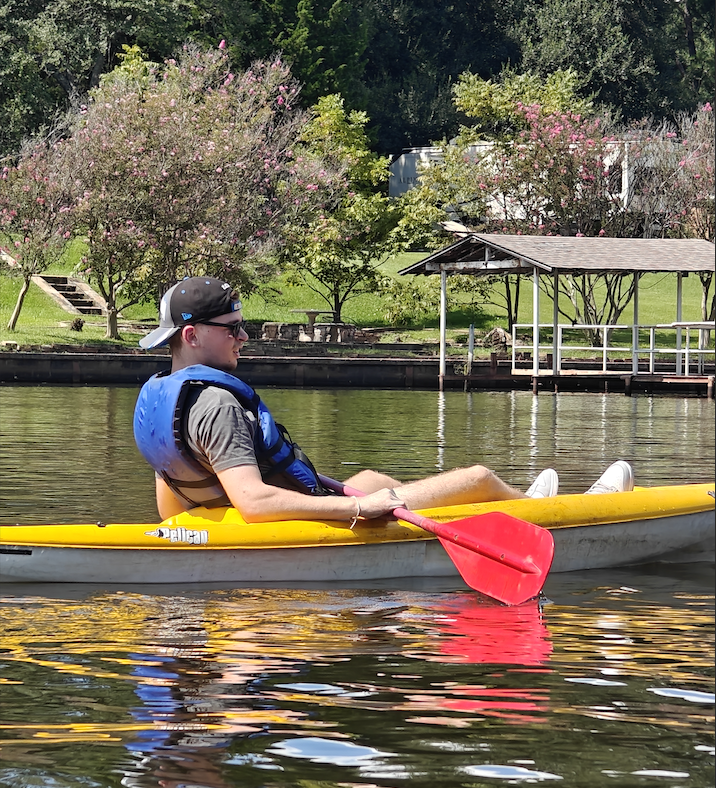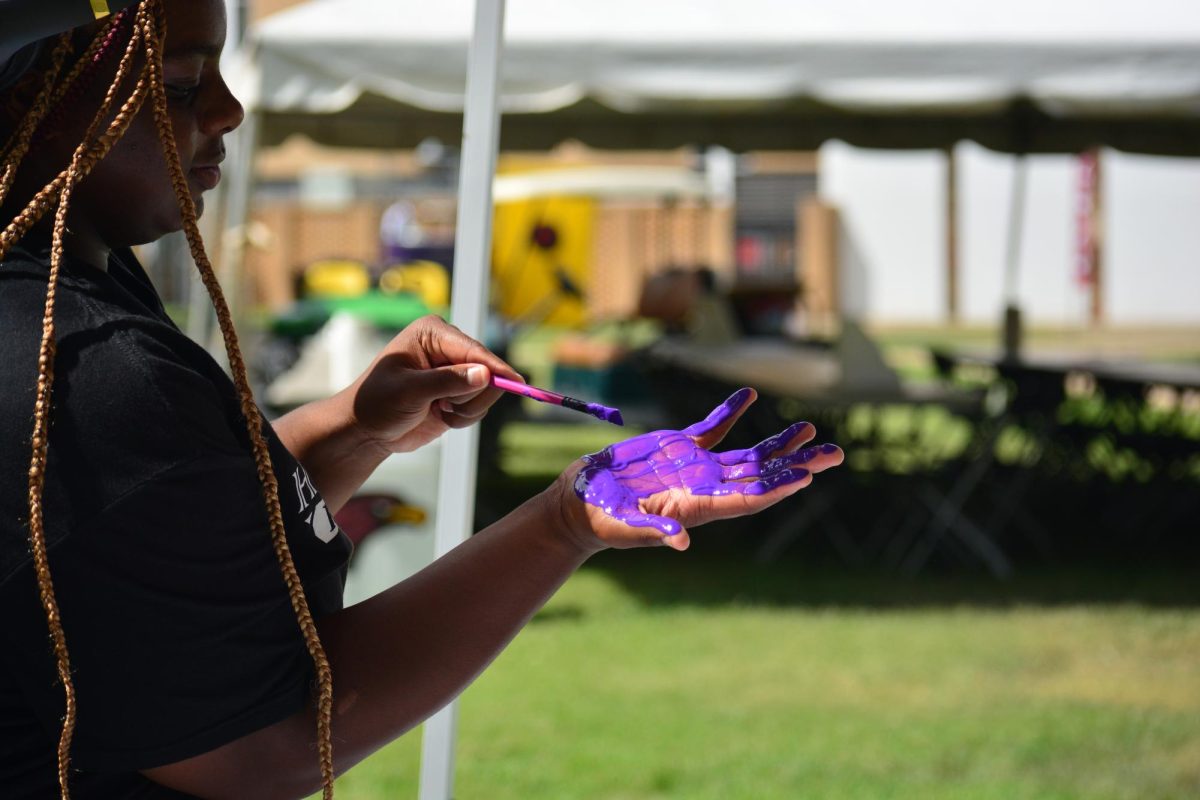Kinesiology is one of ULM’s oldest departments, but it has changed and adapted to the business and health needs of today’s society.
Ken Alford, kinesiology department head, called kinesiology a “scientific discipline” including a “relatively broad scope of inquiry.”
ULM’s kinesiology department offers four concentrations in the major: pre-physical therapy, exercise science, fitness and sport industry, and health/physical education certification.
Each concentration differs and allows students various career options.
ULM’s department is the only program accredited by the Commission on Accreditation of Allied Health Education Programs (CAAHEP) in Louisiana for its pre-physical therapy and exercise science concentrations.
“This accreditation is nationally recognized and indicates to graduate and professional programs the academic rigor of our undergraduate program in those areas making our graduates more highly sought,” Alford said.
Alford said that most kinesiology graduates from ULM pursue graduate or professional education.
The National Council for Accreditation of Teacher Education accredits the health/physical education program.
Kinesiology students can gain practical experience at ULM. All kinesiology majors are required to complete an internship. Recent internship locations include local schools, physical therapy clinics and fitness clubs.
These students can also use the Human Performance Lab on the first floor of Brown Hall and work events such as the Special Olympics and other sport activities.
Alford said that even classroom experiences often differ from students’ ideas of a traditional college class.
“We are very diverse as a discipline, and it shows,” Alford said.
Colten Ponder is a senior kinesiology major with a fitness and sports industry (FASI) concentration.
Ponder switched to this concentration from pre-physical therapy for a wider range of job opportunities.
He said the FASI concentration has a business background and offers basic business and finance classes that appealed to him.
Kinesiology graduates can find careers in personal or athletic training, sports management, cardiac rehabilitation, health/physical education, physical therapy and more.
Each concentration has different elements to offer students.
Ponder said the pre-professional therapy concentration will prepare students for professional school and the FASI concentration “covers a broad number of topics” with varying classes that relate to sports and is “great for athletes.”
“I feel like this major is a lot of what you need to know and not a ton of classes that aren’t relevant and that you may not need,” Ponder said.
Two kinesiology organizations are available for students. The Association of Students in Kinesiology (ASK) is a service and social organization for majors, while Phi Epsilon Kappa Fraternity is a kinesiology honor society.





